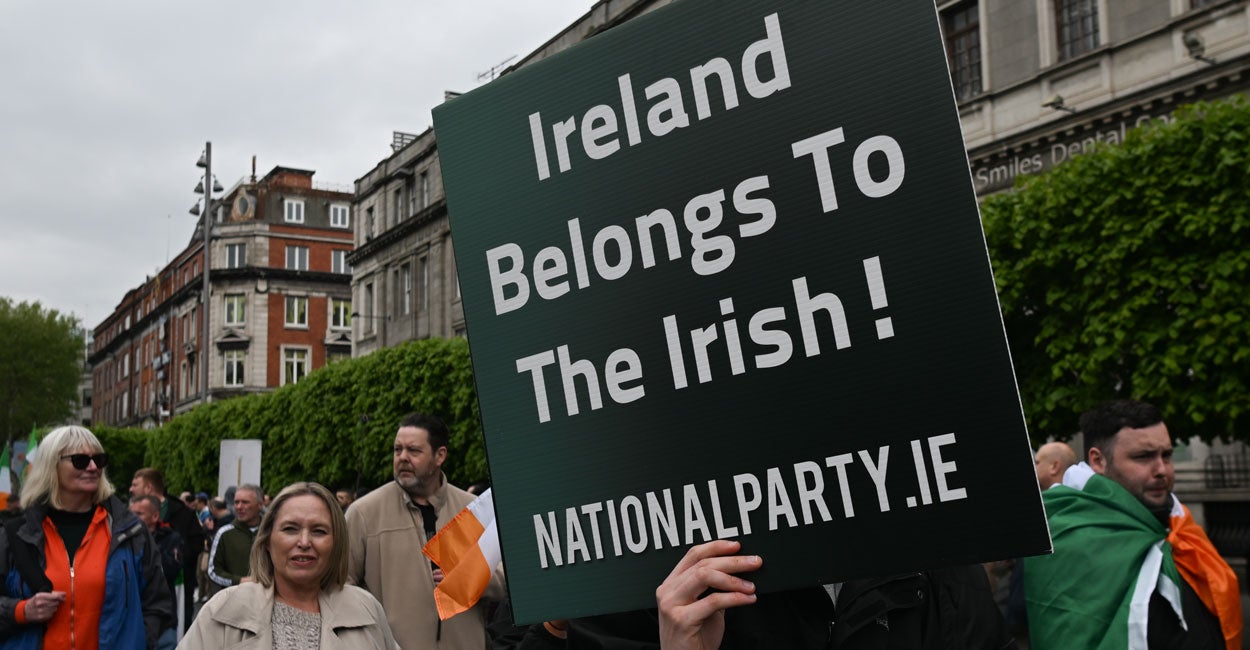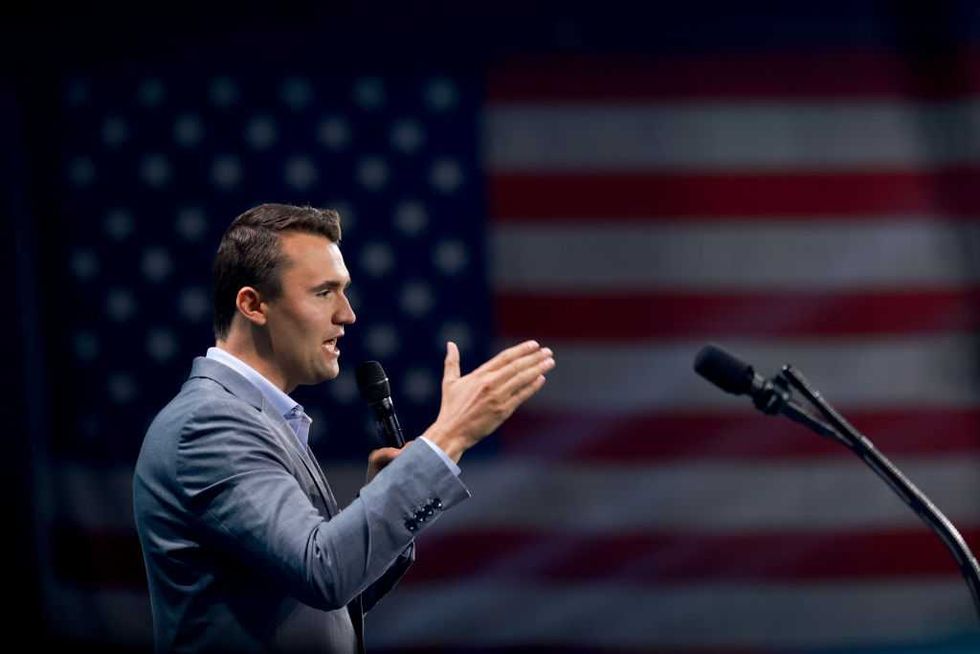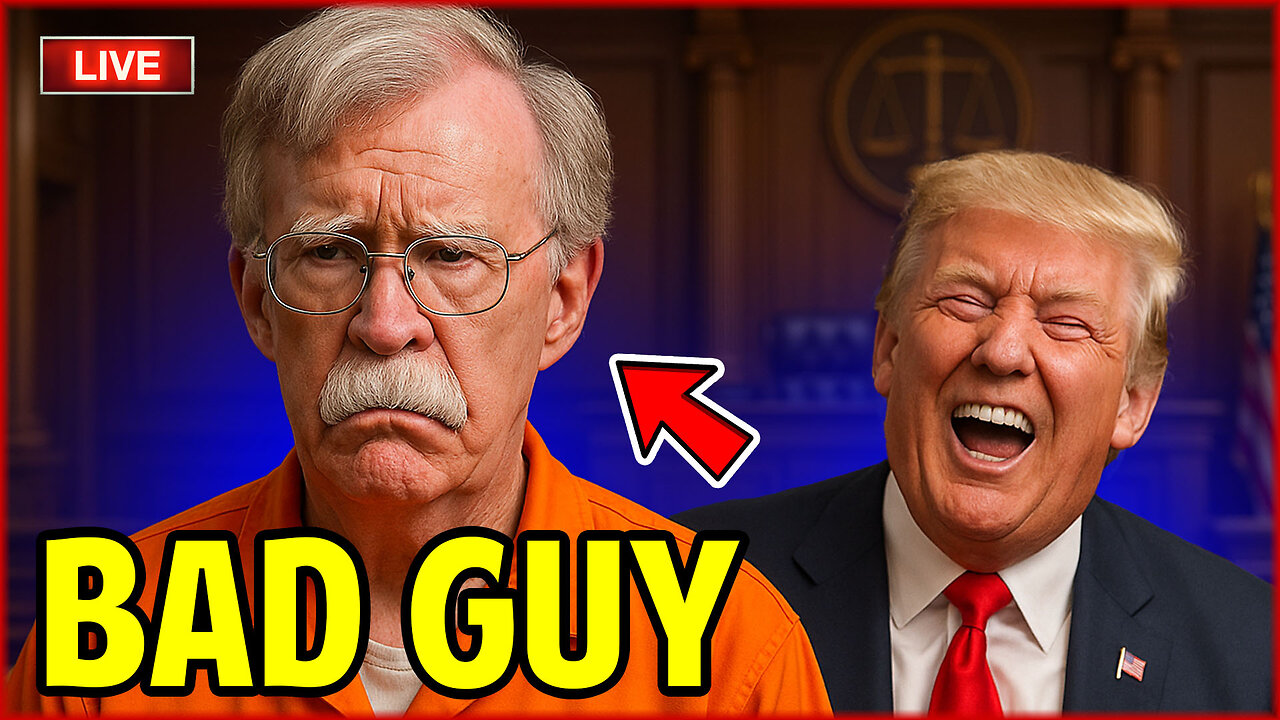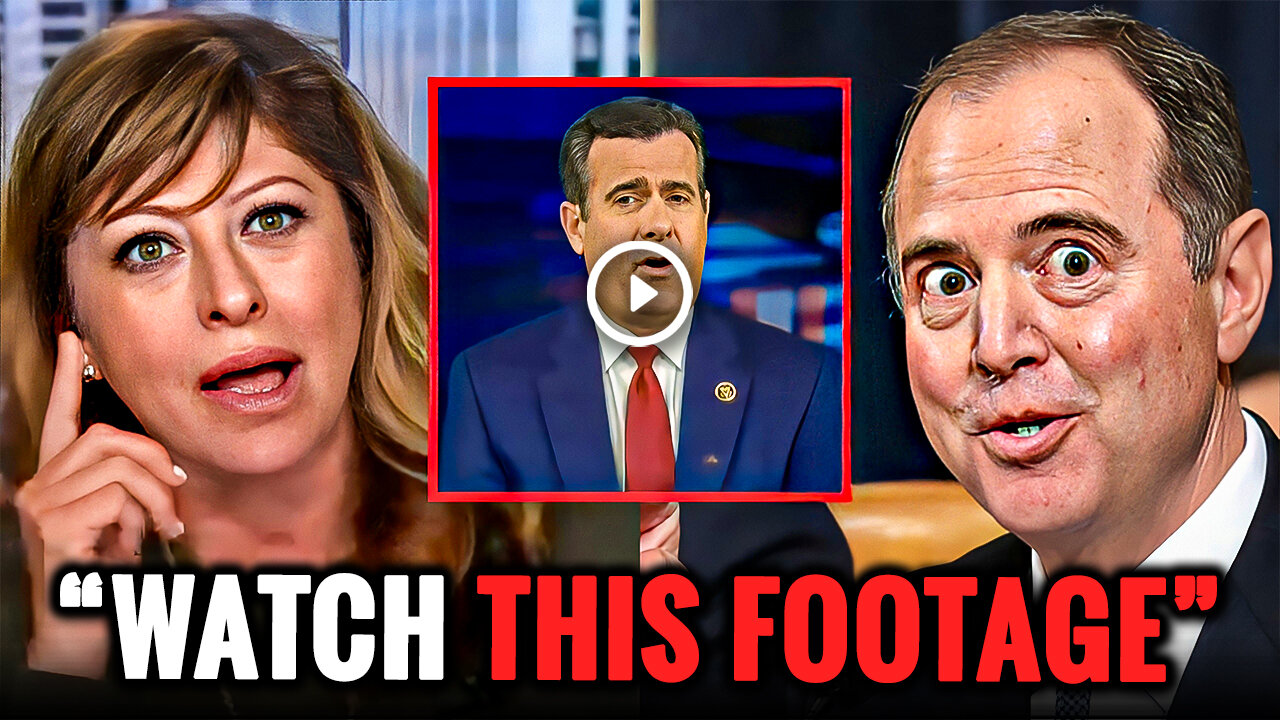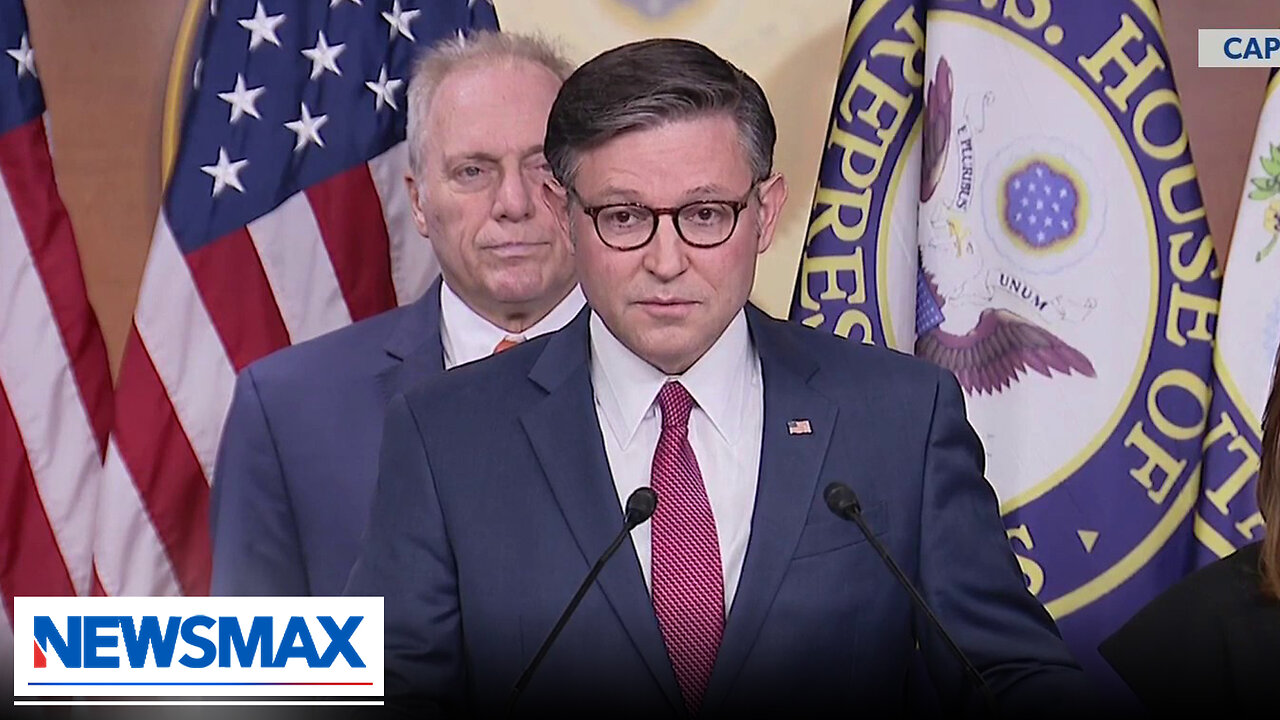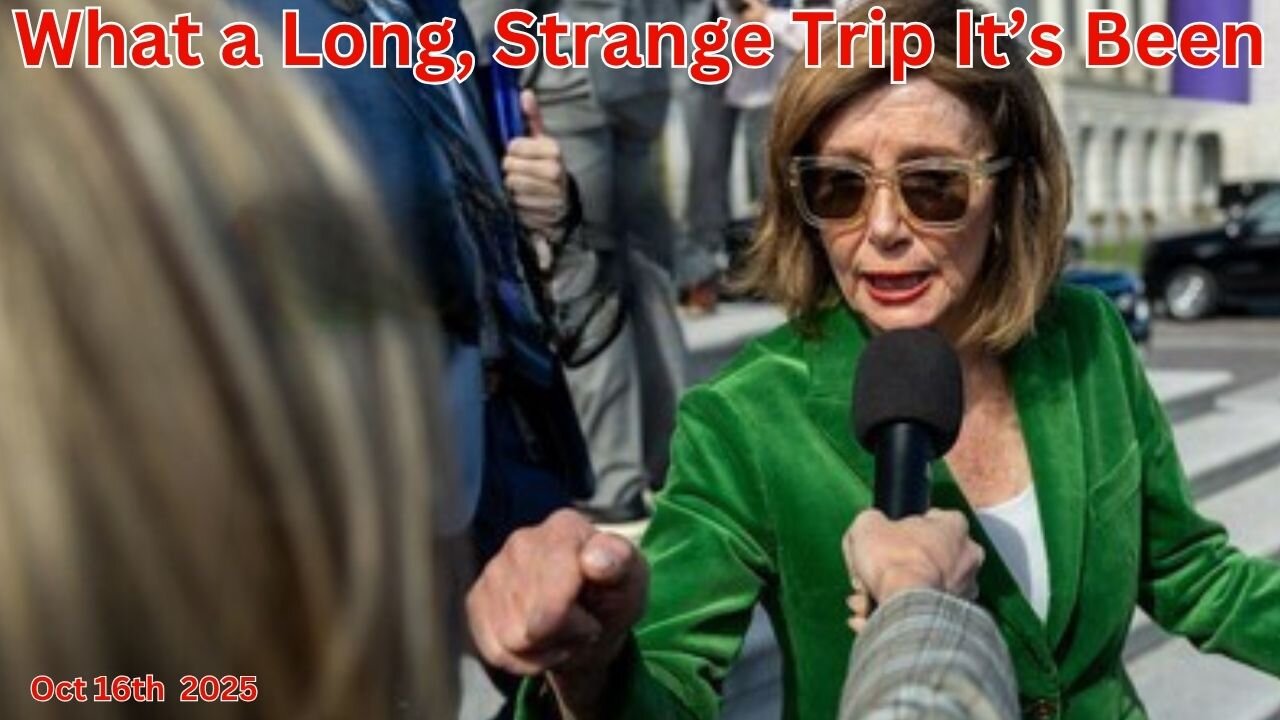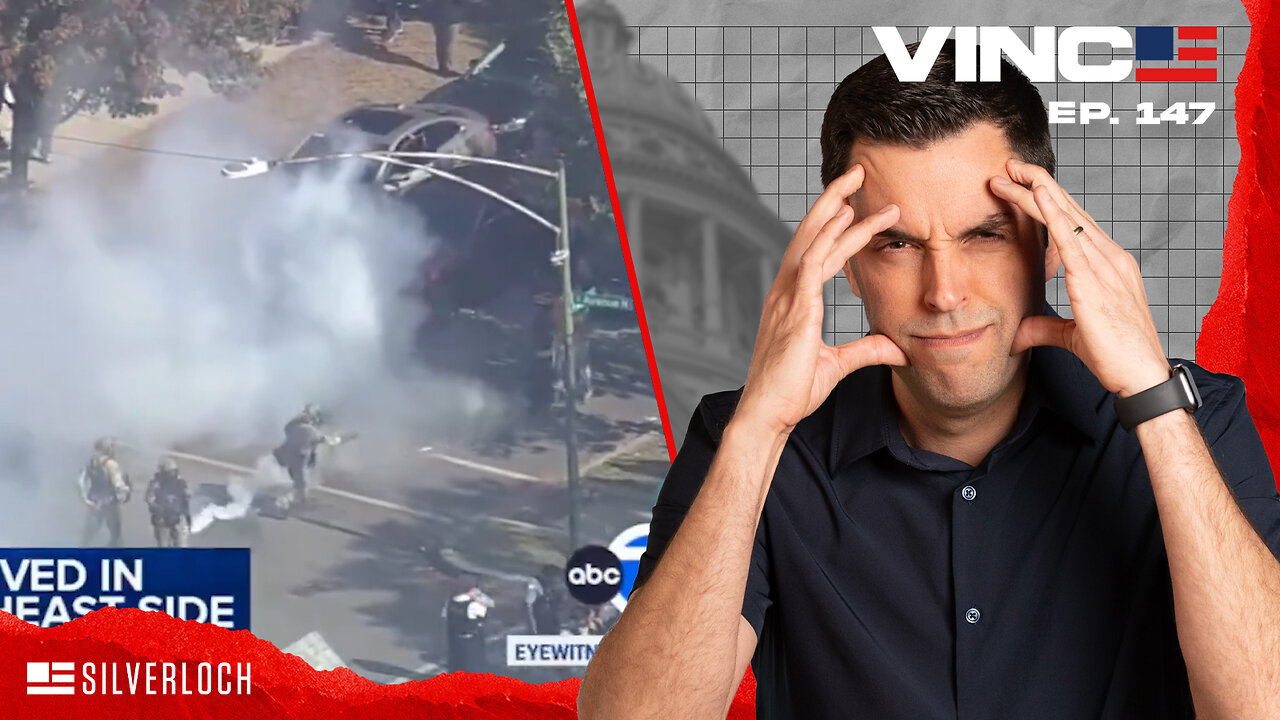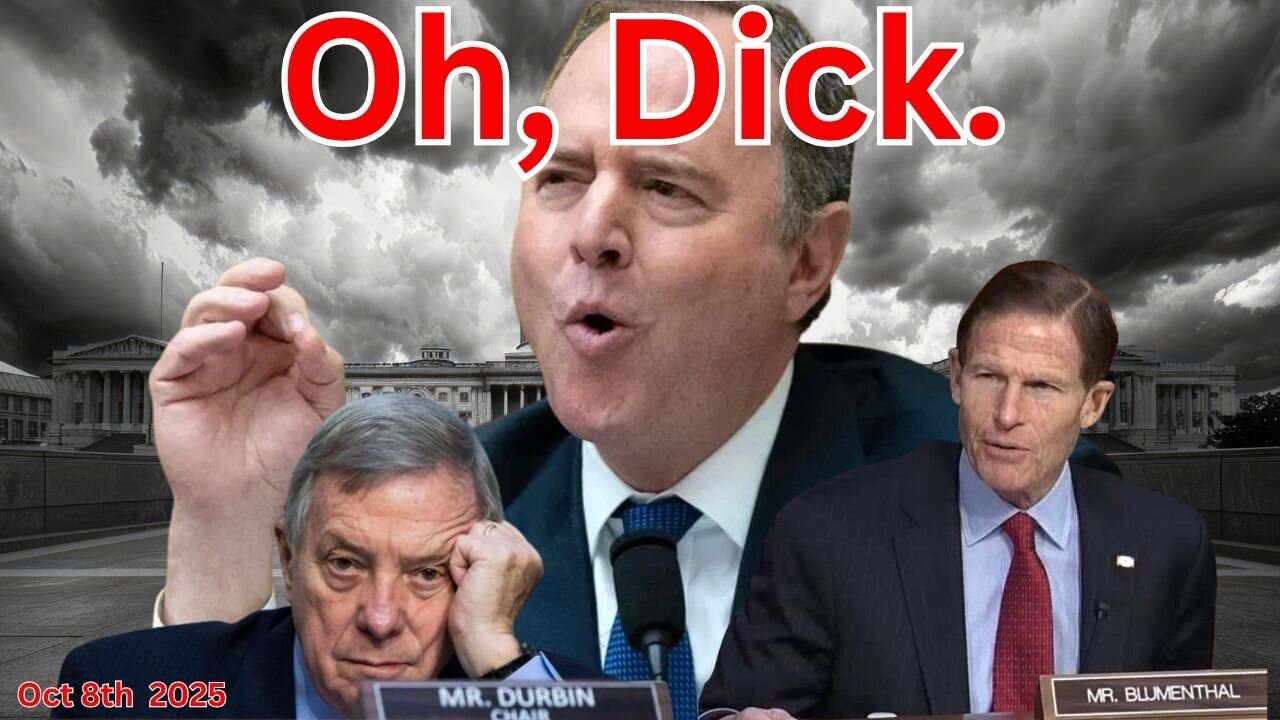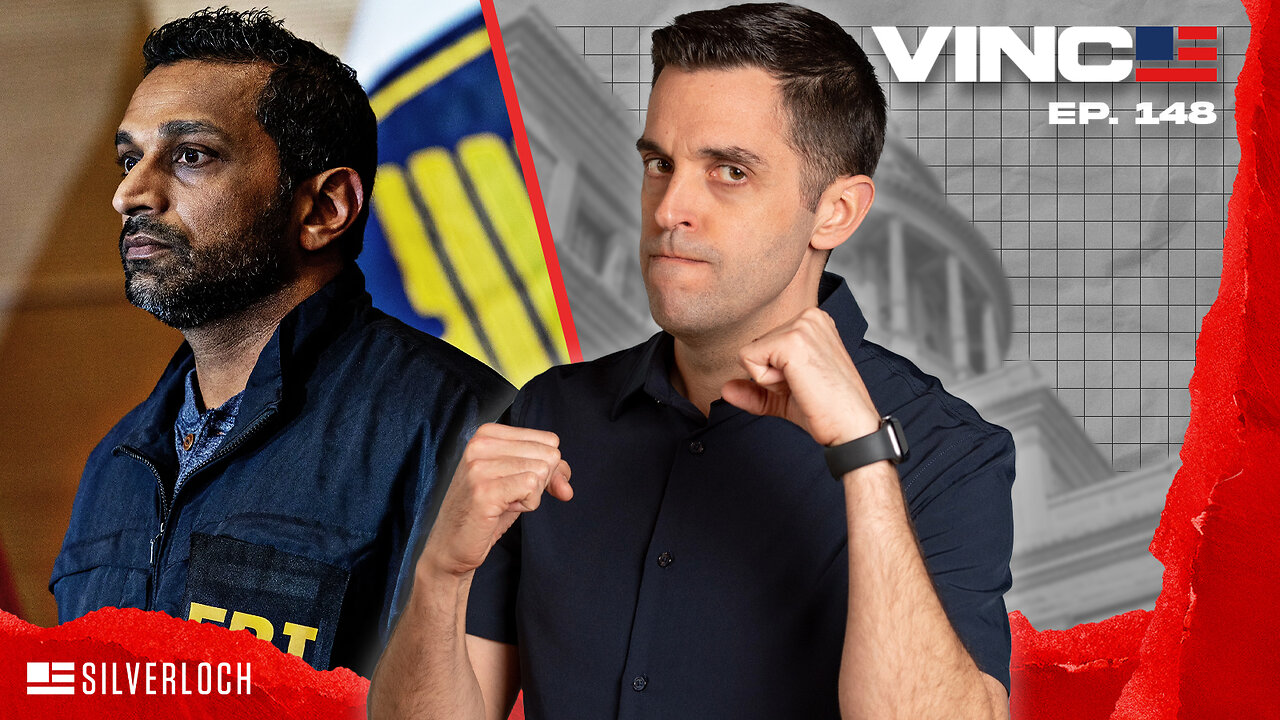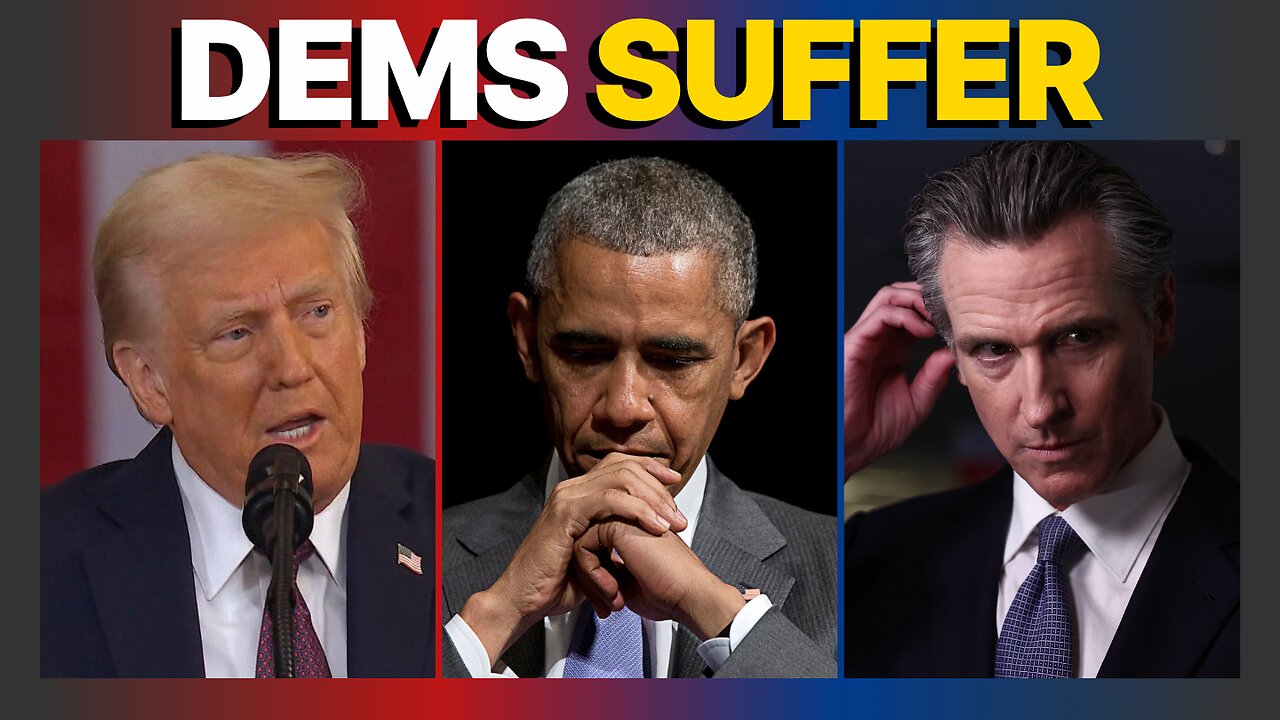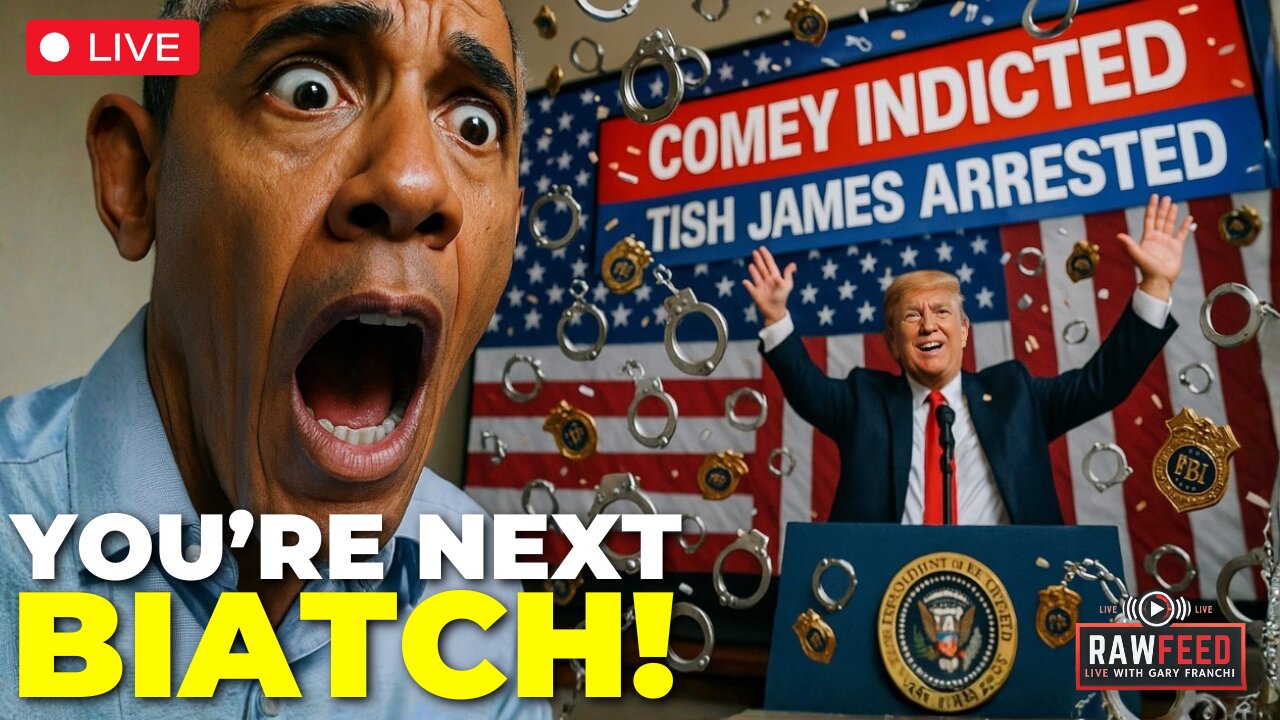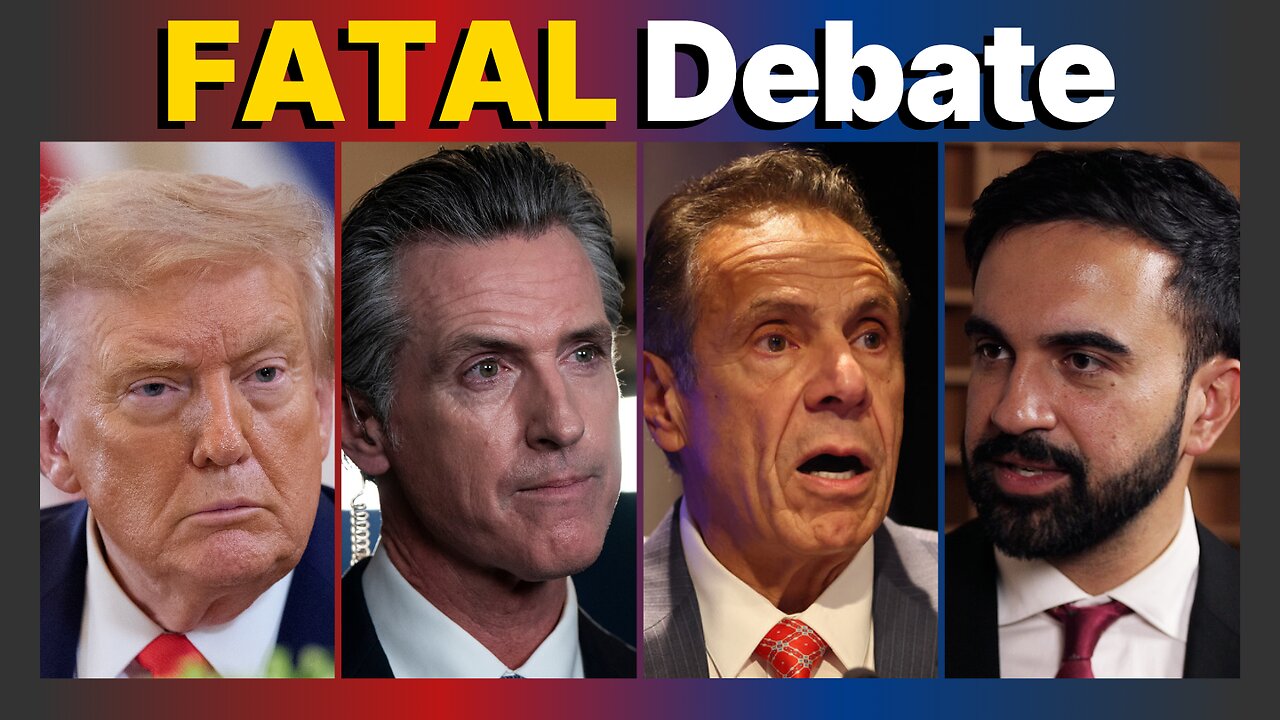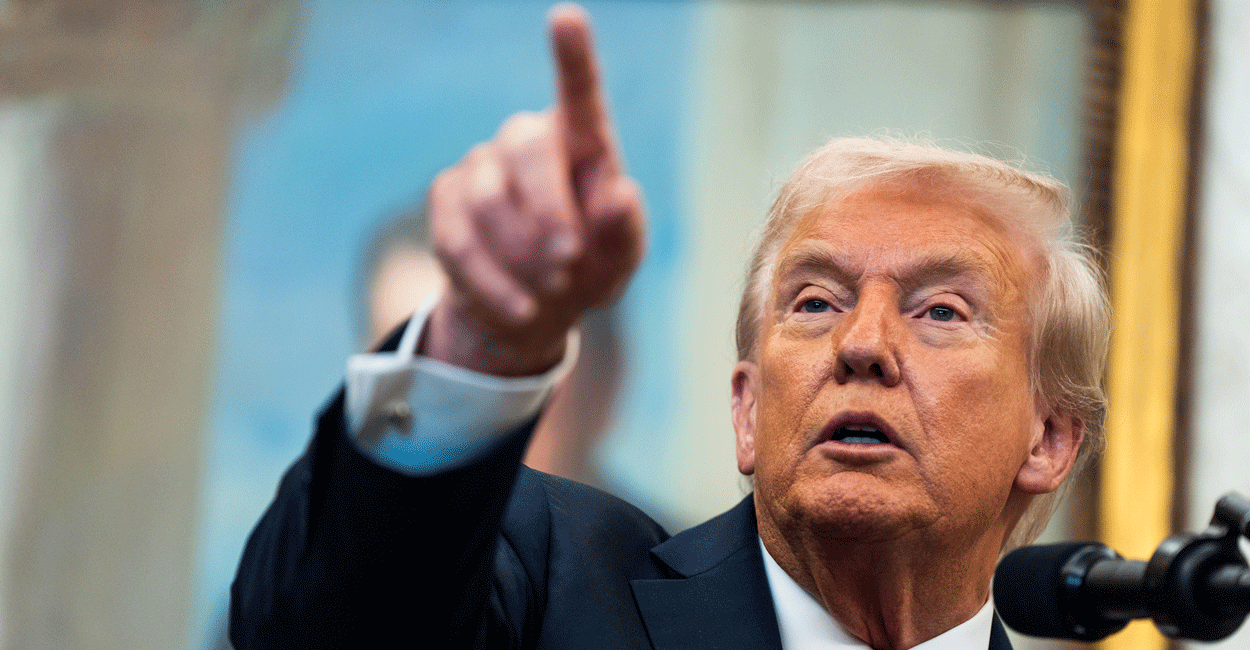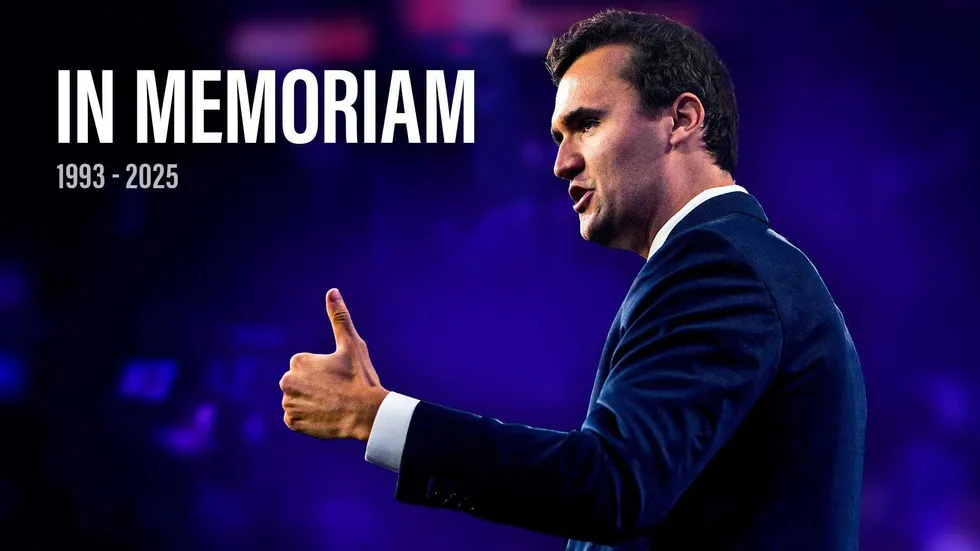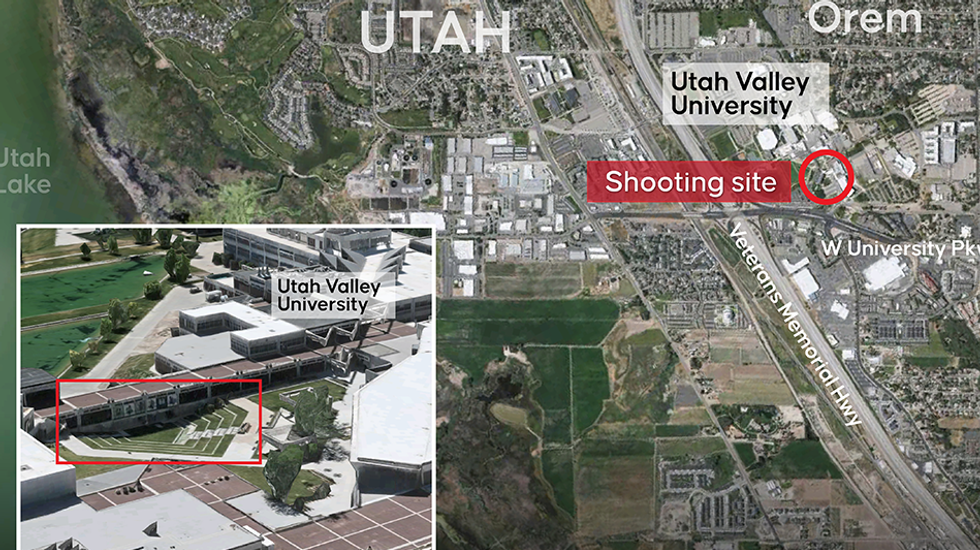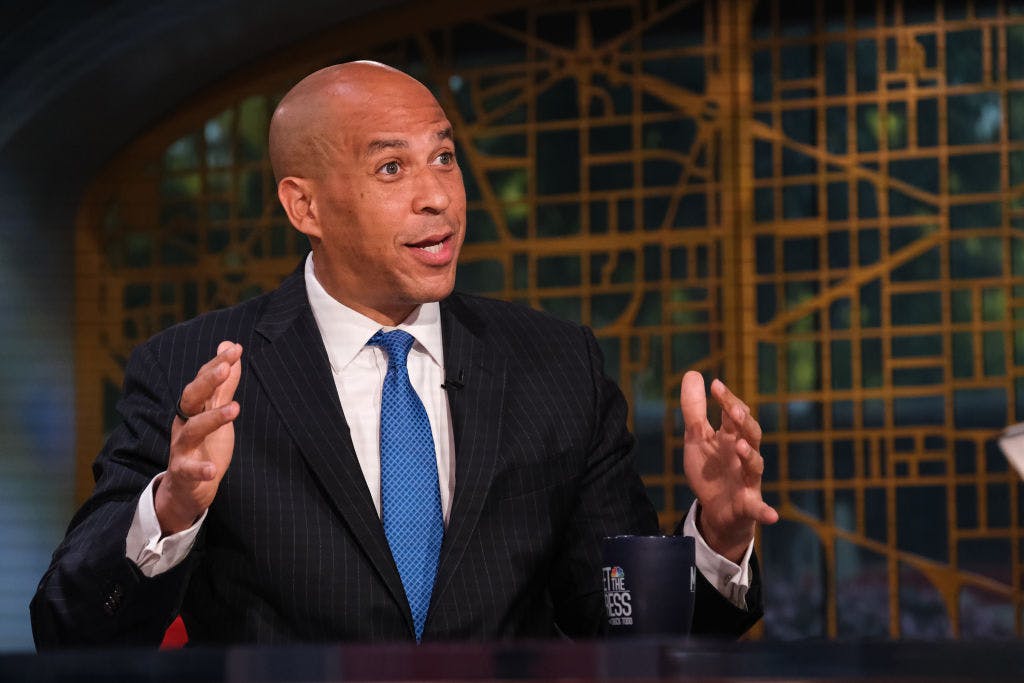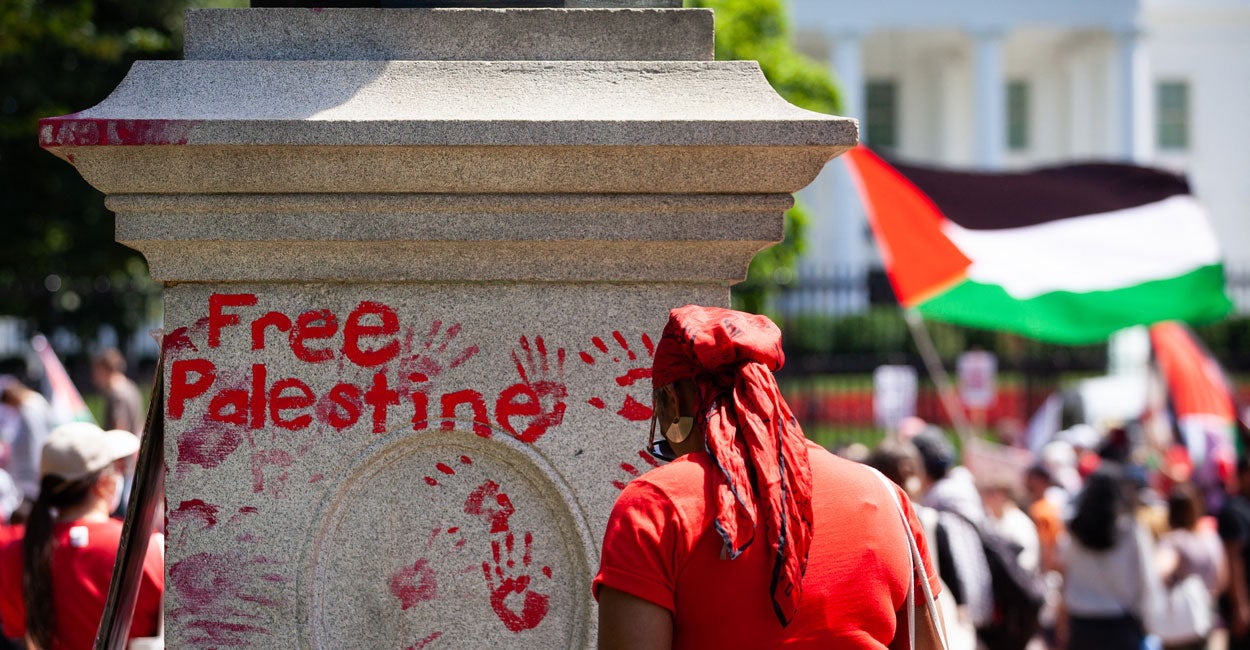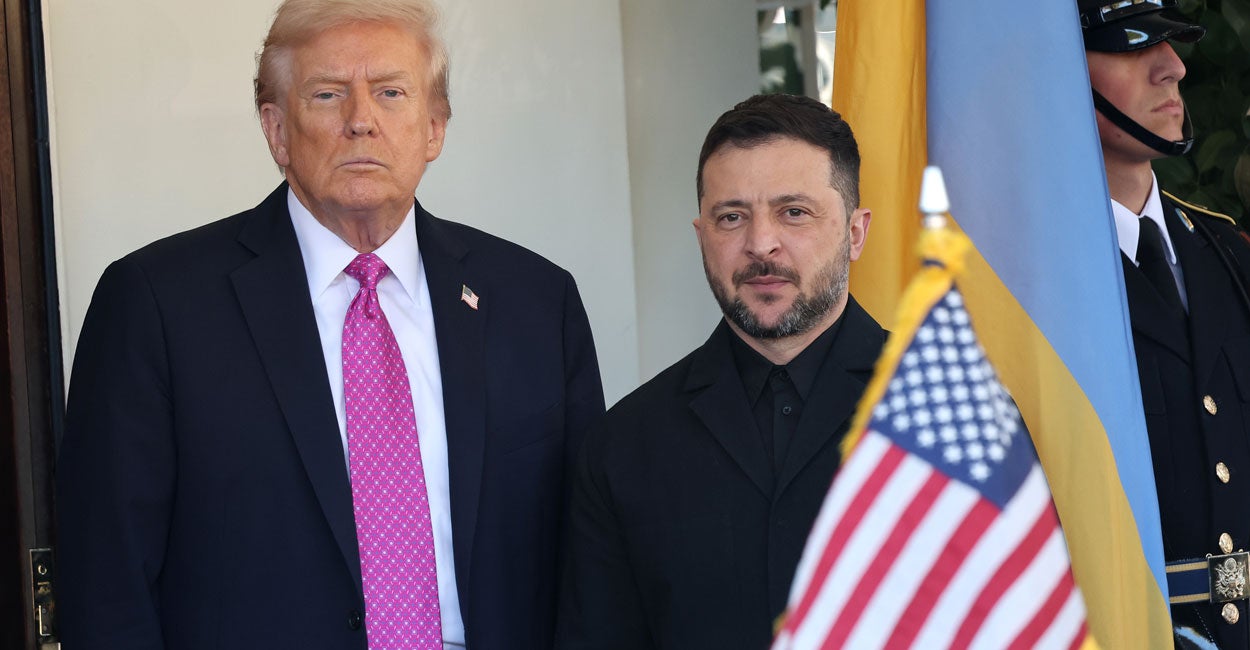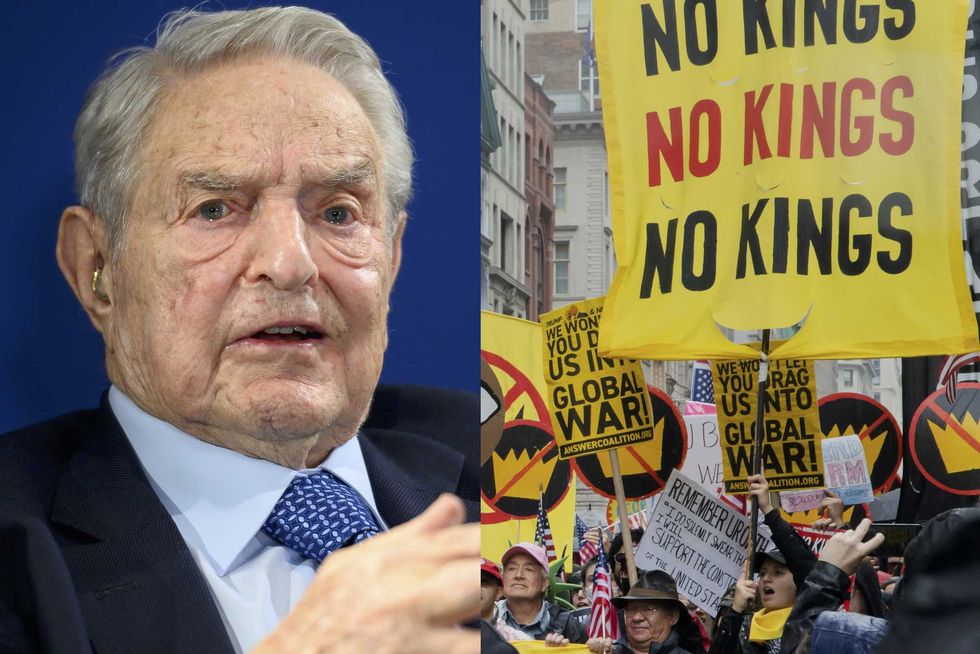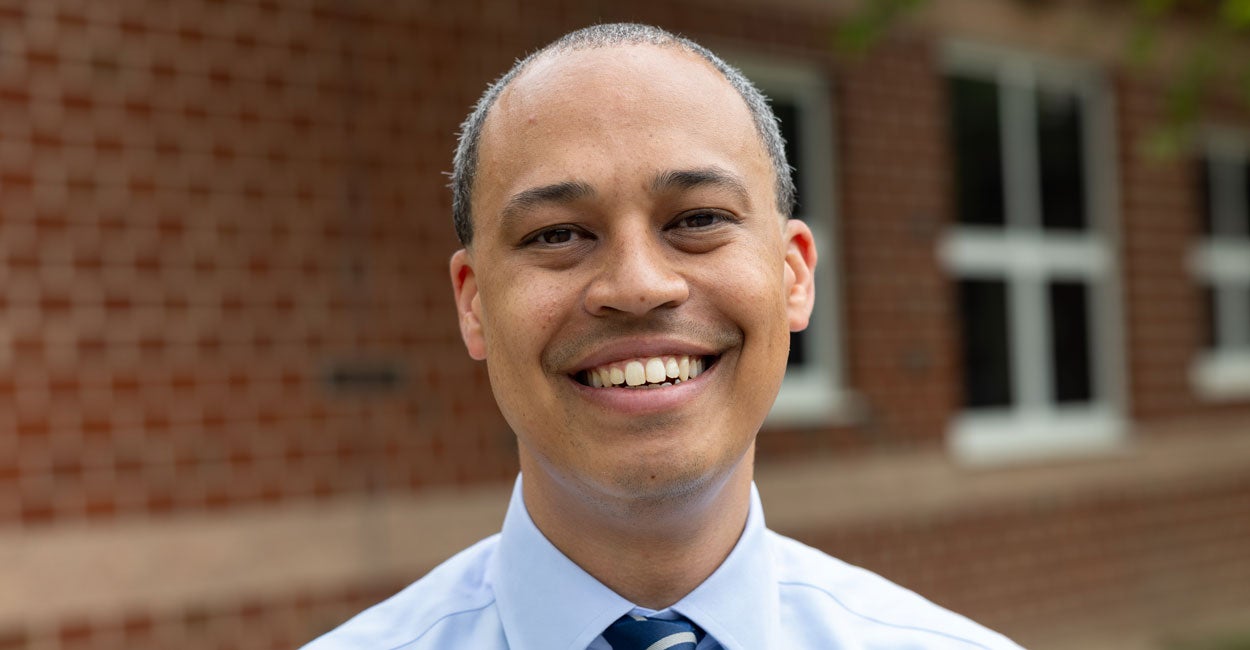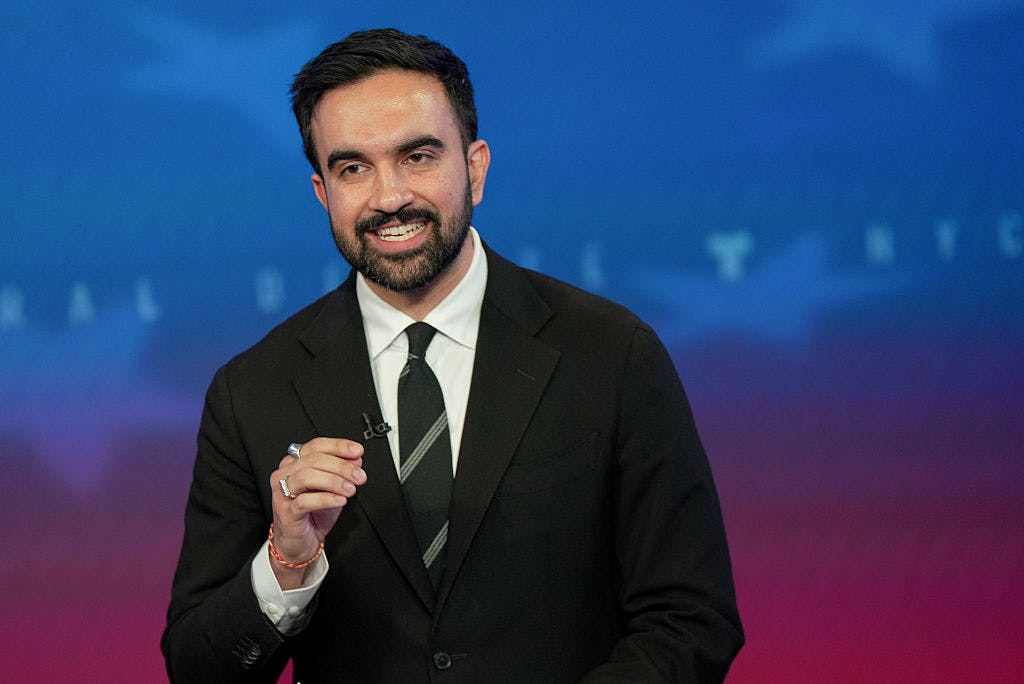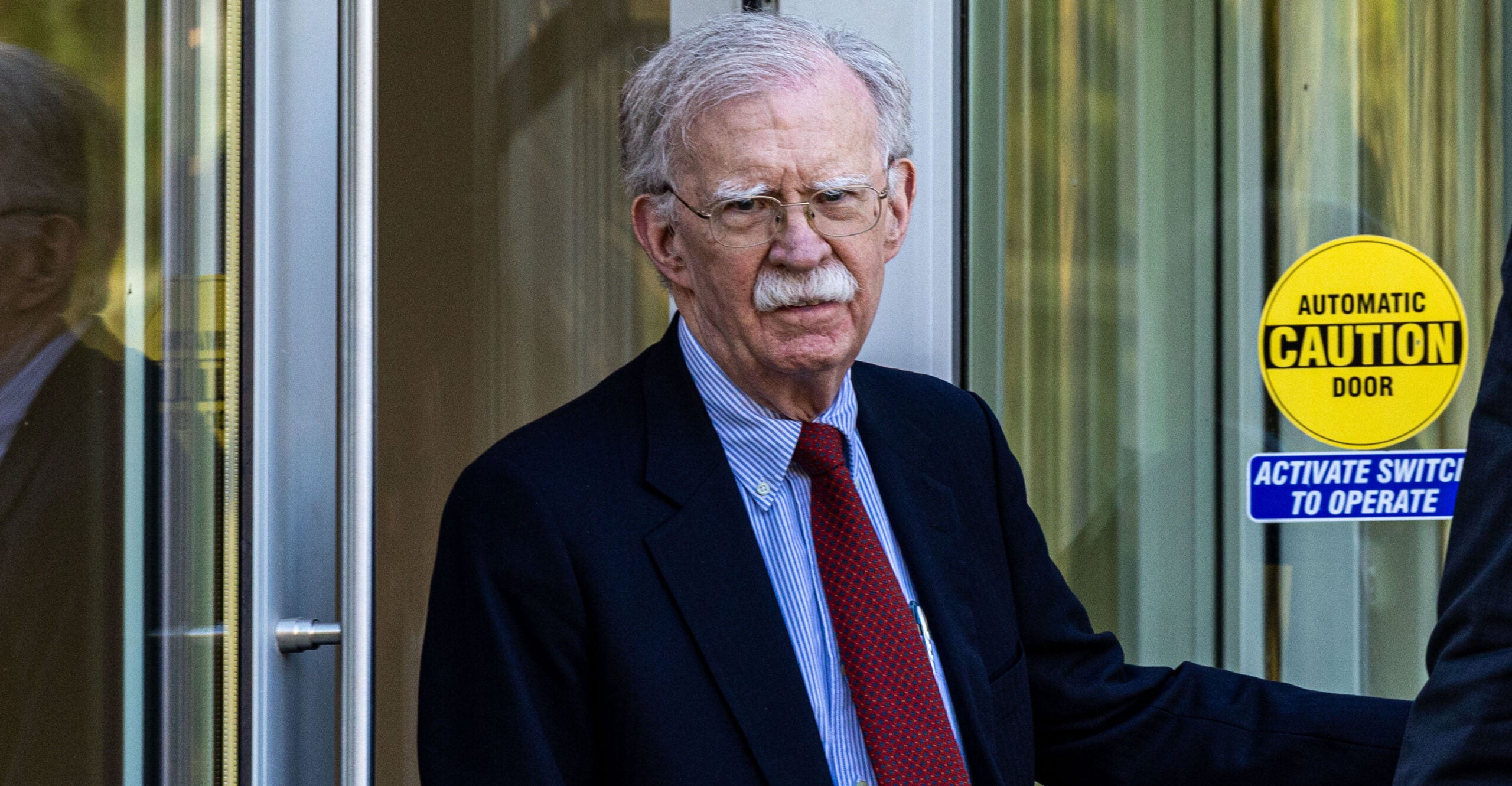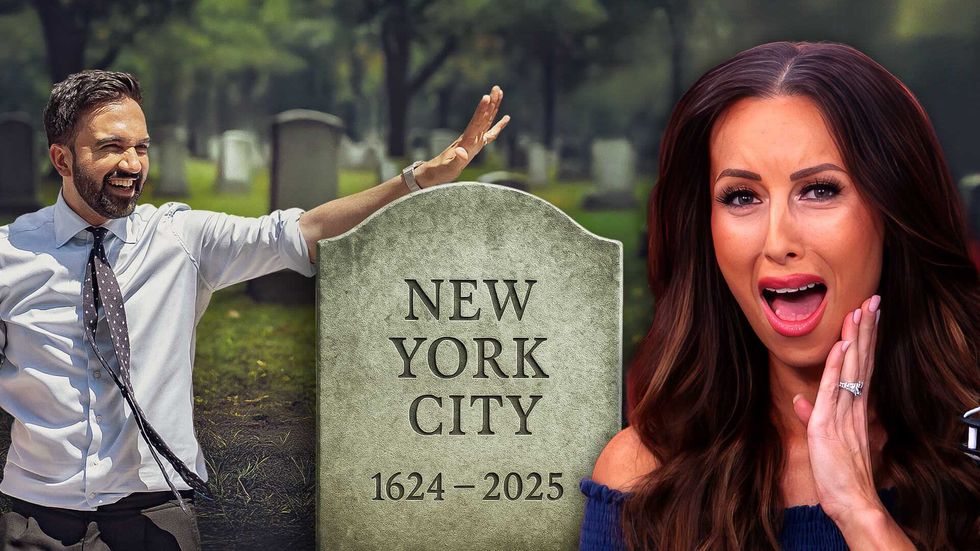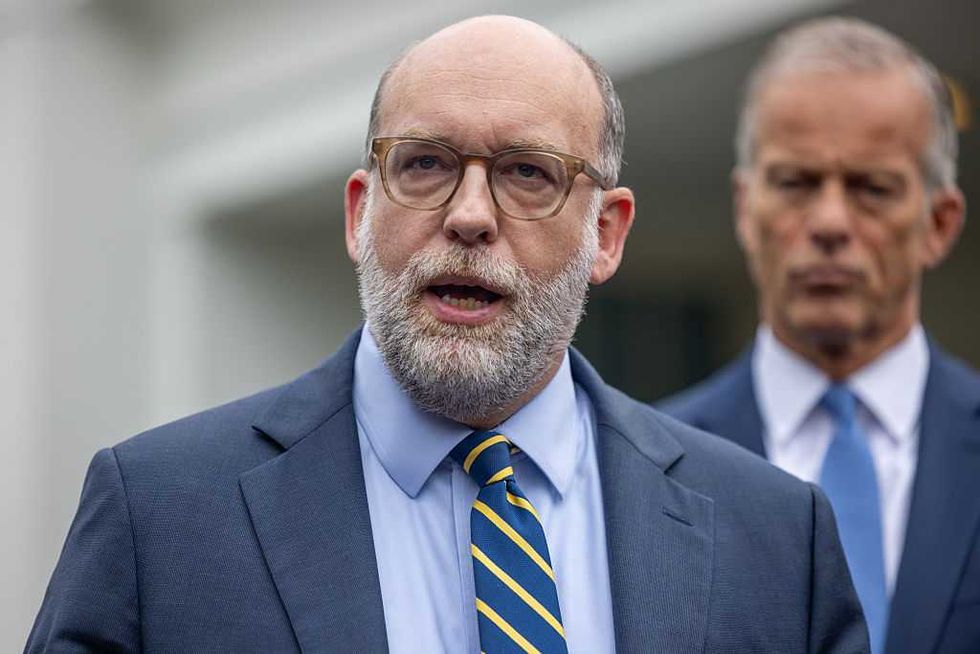Pope Leo’s First Message to Catholics and Christians Around the World: ‘Bear Witness to Our Joyful Faith in Jesus.’
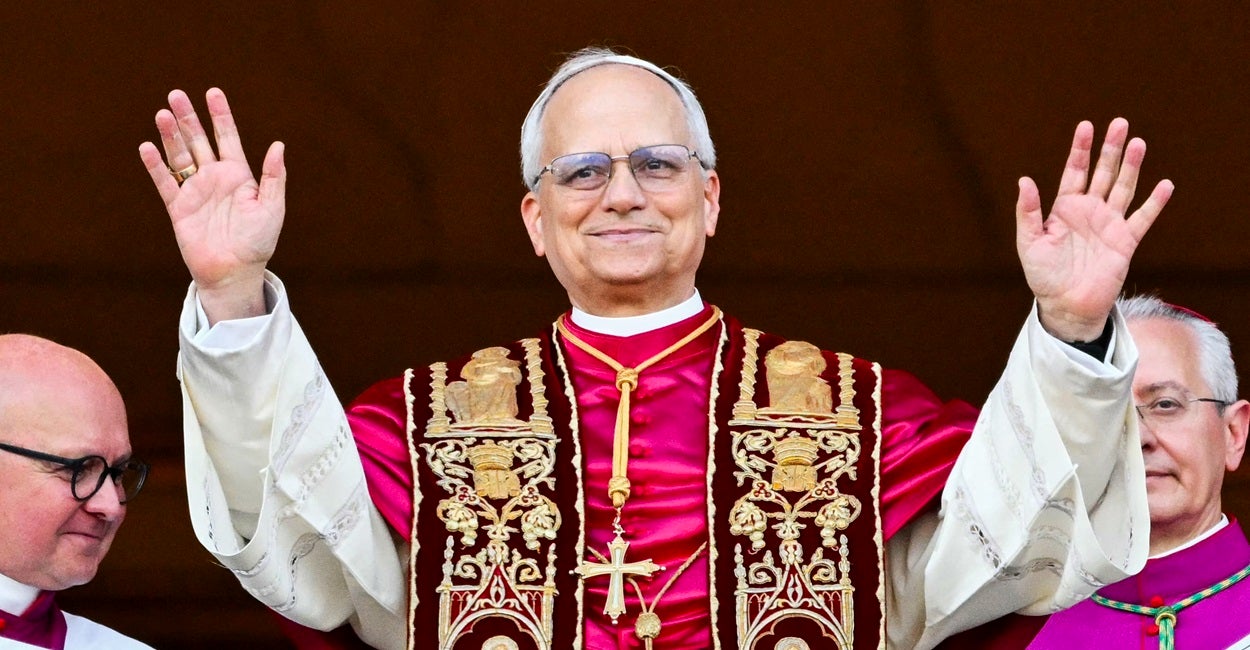
It was the first homily delivered by Pope Leo, the first American to serve as leader of the Catholic Church. It was a clarion call not just to the 1.39 billion Catholic faithful around the world—almost 17% of the world’s total population. And nearly 20% of America’s total population, too, with followers of all races, ethnic backgrounds and ages. It was also a call to Christians around the world, nearly 2.6 billion, and growing—especially in Africa, where there were a mere 10 million Christians in 1900. Today’s number is nearly 750 million and growing, and nearly 50% of the continent’s total population.
The homily was also a uniquely designed message to the secular world—and the secular western world in particular. To Europeans and Americans alike.
He began his homily with these words:
“You are the Christ, the Son of the living God” (Mt 16:16). In these words, Peter, asked by the Master, together with the other disciples, about his faith in him, expressed the patrimony that the Church, through the apostolic succession, has preserved, deepened and handed on for two thousand years. Jesus is the Christ, the Son of the living God: the one Saviour, who alone reveals the face of the Father.
Pope Leo, who forever gave up his old name, Cardinal Robert Provost—continued, describing Jesus’ birth, life and death as Christians around the world understand it. “[Jesus] thus showed us a model of human holiness that we can all imitate, together with the promise of an eternal destiny that transcends all our limits and abilities,” Pope Leo added.
But he was just getting started, then talking about the two inseparable aspects of salvation entrusted to the faithful, “who were chosen by him before we were formed in our mothers’ wombs, reborn in the waters of Baptism and, surpassing our limitations and with no merit of our own, brought here and sent forth from here, so that the Gospel might be proclaimed to every creature (cf. Mk 16:15).”
Pope Leo was clear and straightforward about one of the demands of a Christian life, which is to witness and share the Gospel to the world. Indeed, the body of Christ depends on it—or shrinks. And with it, its impact on humanity.
Pope Leo then took us back to Philippi, a magnificent natural setting but also “a place of cruel power plays and the scene of betrayals and infidelity.” Pope Leo wasn’t finished with the thought.
This setting speaks to us of a world that considers Jesus a completely insignificant person, at best someone with an unusual and striking way of speaking and acting. And so, once his presence becomes irksome because of his demands for honesty and his stern moral requirements, this “world” will not hesitate to reject and eliminate him.
But what did the ordinary people think of Jesus at the time? Pope Leo addressed that question, too.
For them, the Nazarene is not a charlatan, but an upright man, one who has courage, who speaks well and says the right things, like other great prophets in the history of Israel. That is why they follow him, at least for as long as they can do so without too much risk or inconvenience. Yet to them he is only a man, and therefore, in times of danger, during his passion, they too abandon him and depart disappointed.
Indeed, even Peter abandoned Jesus, rejecting him in public not once but three times, just as Jesus told him he would.
Pope Leo then did what great teachers do, connecting the distant past to the present.
Even today, there are many settings in which the Christian faith is considered absurd, meant for the weak and unintelligent. Settings where other securities are preferred, like technology, money, success, power, or pleasure. These are contexts where it is not easy to preach the Gospel and bear witness to its truth, where believers are mocked, opposed, despised or at best tolerated and pitied.
Pope Leo could as easily be describing the modern universities of Europe and America, which had been founded on the study of religion centuries ago. And most of the modern-day media or the entertainment and arts community, all of which spend little time or effort on the life of Christians—or their concerns.
And yet, as Pope Leo noted next in his homily, the west itself may indeed be the next mission field for modern Christianity.
Yet, precisely for this reason, they are the places where our missionary outreach is desperately needed. A lack of faith is often tragically accompanied by the loss of meaning in life, the neglect of mercy, appalling violations of human dignity, the crisis of the family and so many other wounds that afflict our society.
It is almost unimaginable the kinds of social and psychological issues facing the west faces today: dangerous levels of loneliness, tragic levels of fatherlessness, a massive spike in teenage suicides, record low family formation—and record low numbers of childbirths.
Pope Leo then set his sights back on Jesus, and how the west views Him.
Today, too, there are many settings in which Jesus, although appreciated as a man, is reduced to a kind of charismatic leader or superman. This is true not only among non-believers but also among many baptized Christians, who thus end up living, at this level, in a state of practical atheism.
Practical atheism, indeed. For far too many believers and non-believers alike, Jesus has been reduced to a mere man—an ancient superhero/philosopher/wise man—and no more.
Then came Pope Leo’s rallying cry to Christian believers around the world:
…. we are called to bear witness to our joyful faith in Jesus the Saviour. Therefore, it is essential that we too repeat, with Peter: “You are the Christ, the Son of the living God” (Mt 16:16). It is essential to do this, first of all, in our personal relationship with the Lord, in our commitment to a daily journey of conversion. Then, to do so as a Church, experiencing together our fidelity to the Lord and bringing the Good News to all (cf. Lumen Gentium, 1).
As it has been from the beginning, it is the work of Christians—Pope Leo reminded us—to bring the good news to all.
Pope Leo ended his first homily by talking about his new role as the leader of a flock of over 1 billion Catholics, and his most profound prayer.
It is to move aside so that Christ may remain, to make oneself small so that he may be known and glorified, to spend oneself to the utmost so that all may have the opportunity to know and love him.
It is a prayer a billion plus Catholics—and two and a half billion Christians around the world – hope is answered not just for this new pope. But for ourselves.
Originally published by Newsweek.
The post Pope Leo’s First Message to Catholics and Christians Around the World: ‘Bear Witness to Our Joyful Faith in Jesus.’ appeared first on The Daily Signal.
Originally Published at Daily Wire, Daily Signal, or The Blaze
What's Your Reaction?
 Like
0
Like
0
 Dislike
0
Dislike
0
 Love
0
Love
0
 Funny
0
Funny
0
 Angry
0
Angry
0
 Sad
0
Sad
0
 Wow
0
Wow
0



